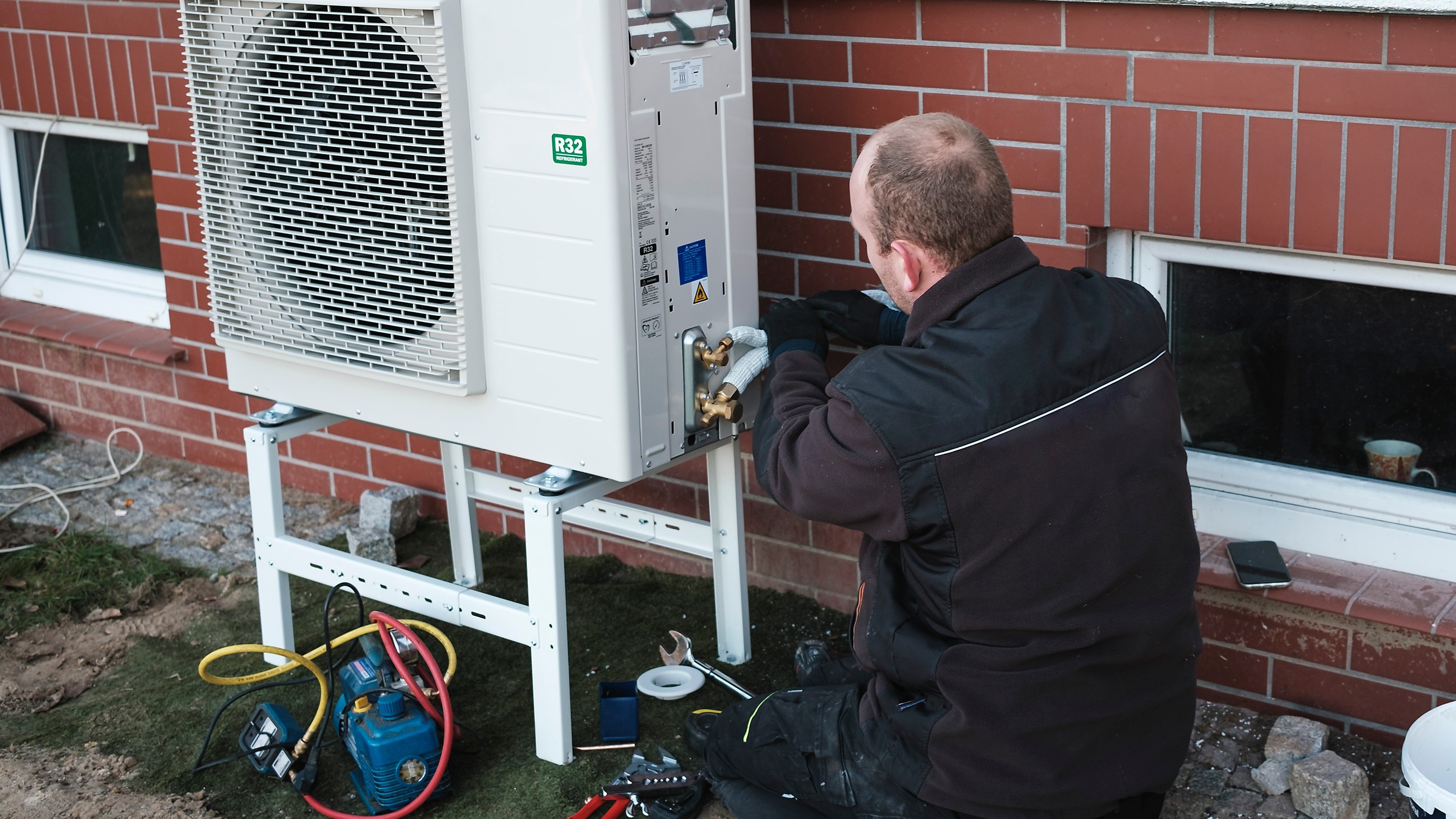
RICS has recently published a guide on domestic air source heat pumps to provide clear, impartial advice to consumers.
The guide covers what a homeowner should consider when installing an air-source heat pump, including which properties are suitable and which are not, how to follow a whole-building approach, how to get the size right, and what the costs and risks are. (Note that it is not a technical guide for surveyors.)
Consumers urged to get expert input
The guide is part of a series that RICS is producing to educate consumers on what and what not to do when considering retrofitting properties, and how such alterations might affect building performance and value.
It strongly advises technical due diligence ahead of any alteration to a property, recommending that consumers consider using an expert such as an RICS member who is independent from the installer and manufacturer.
RICS acknowledges that building services typically fall outside the expertise of a building or residential surveyor; however, retrofitted insulation, construction defects and condition assessments of buildings are definitely beyond the expertise of a heat pump installer.
Consumers will typically engage a specialist installer to carry out the assessment for and installation of the heat pump. But such an installer has a clear commercial interest in the project, and an independent building services engineer is unlikely to be involved on small-scale domestic installations.
However, a building or residential surveyor who does have experience of retrofits can help manage and advise on projects as a whole, so consumers don't face the challenge alone.
Why must members advise within competence?
RICS members can play a crucial role in the whole-house approach to low carbon energy efficiency, where their expertise can help address foreseeable and preventable failures due to poorly designed retrofits.
The consumer guide advises that there are many types of RICS-qualified surveyor, who have differing competencies and skill sets. Members must ensure they operate within their competence so they advise consumers correctly, avoid unintended consequences and maintain trust in the profession.
As part of its strategic goal to take a lead on sustainability, RICS is committed to helping the profession adapt, upskill and respond to the challenges and opportunities sustainability presents. Members themselves are also reminded of RICS' Residential retrofit standard.
Sam Piplica MRICS is a director at Great North Building Consultancy Limited, and a former senior specialist, buildings, at RICS. He would like to thank Historic England for assistance in producing this consumer guide.
Contact RICS Knowledge: Email
Related competencies include: Design economics and cost planning, Housing maintenance, repairs and improvements, Sustainability

